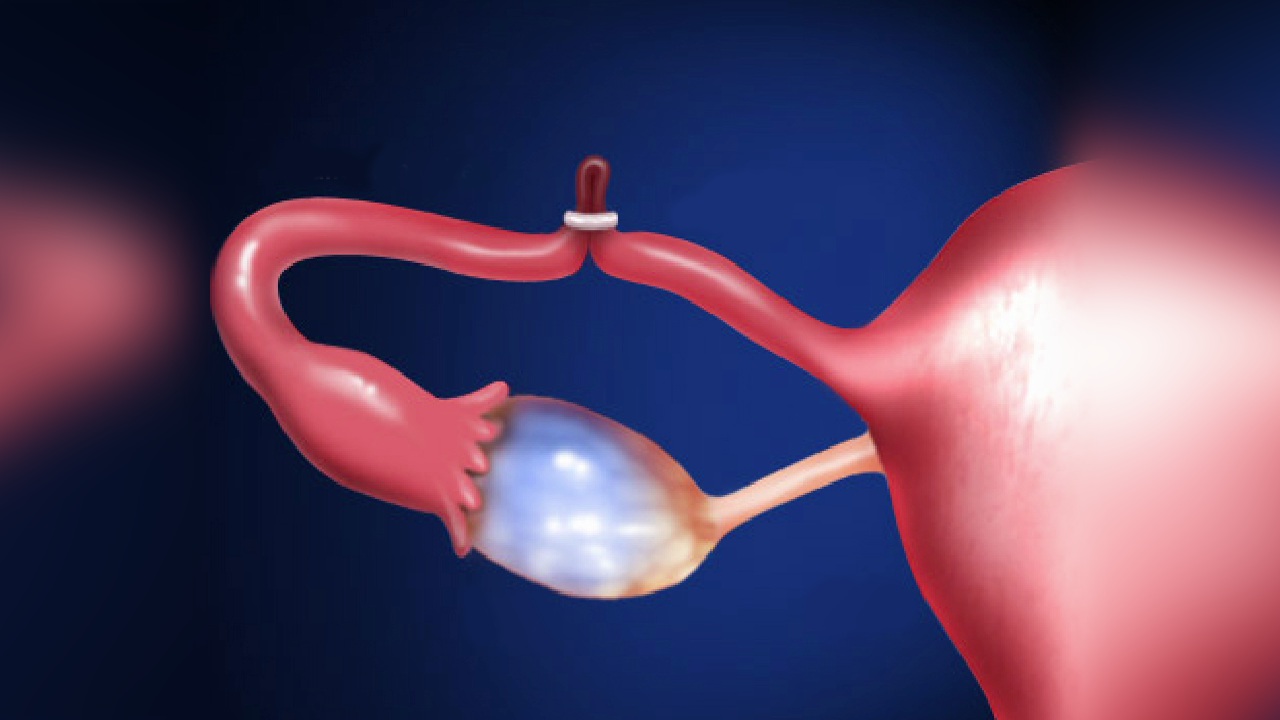Know your contraceptives: Tubal ligation

For many women, the implant and pills may not be as effective as they desire them to be. “Why?” You may ask. Dr Robert Ssooka says owing to them being hormonal, these family planning methods affect everyone differently.
Therefore, for those that feel that they have had the number of children they wish to, tubal ligation may be the ideal procedure. Also known as having your tubes tied or tubal sterilisation, this is a permanent birth control method. During tubal ligation, Dr Ssooka says, the fallopian tubes are cut, tied or blocked to permanently prevent pregnancy.
While some women may want to have children after the procedure, for one reason or another such as having lost their children, reversal is seemingly difficult requiring major surgery and chances of effectiveness are not guaranteed.
How it works
Tubal ligation prevents an egg from moving from the ovaries through the fallopian tubes. It also blocks sperms from travelling up the fallopian tubes to the egg. In all this, the procedure does not affect one’s menstrual cycle.
Additionally, the procedure can be done at any time, including after childbirth or in combination with another abdominal surgery, such as a C-section.
If fallopian tubes are removed during the procedure, then tubal ligation may also decrease your risk of getting ovarian cancer.
Moreover, the procedure is sufficient in and of itself, hence not needing any other family planning methods to buffer it. However, it does not protect against sexually transmitted infections.
Risks
Not everyone can freely embrace this method, therefore, there is need to talk to medical personnel before going for the procedure. Such include those with the history of pelvic or abdominal surgery, obesity, and diabetes.
Additionally, being a surgical procedure requiring the use of anaesthesia, it should be treated as a C-section because indeed, a cut will be made to access the inside of the abdomen. Therefore, adequate care must be given even after what seems like a minor surgery. If one undergoes this procedure independently (not alongside delivery), they should take a pregnancy test to make sure they are not pregnant.
After surgery care
While those that undergo the procedure after delivery may not spend any extra days in hospital, those who do it independently may have to remain in hospital for a few hours. Apart from some discomfort at the scar site, the procedure may cause dizziness, fatigue, cramping or abdominal pain, and bloating.
One should also forfeit taking a bath for the next two days as well as steer clear of rubbing the incision site. Additionally, do not carry heavy things or engage in sexual intercourse. One should also take it slow with normal activity.


















